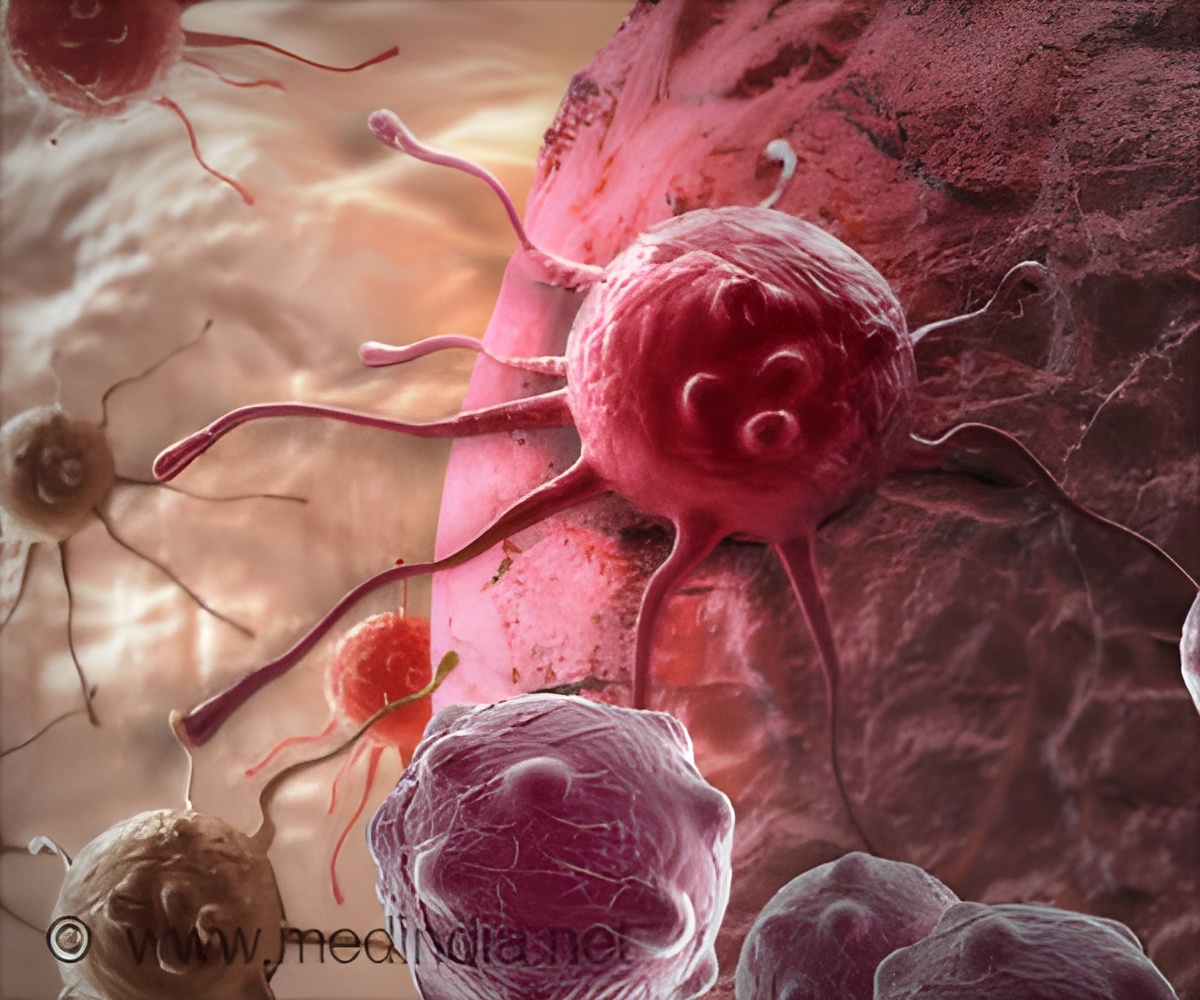A drug to prevent the initial activation of STAT5 and restore the natural balance of proteins can treat patients with leukemia more effectively.

If a drug could be developed to prevent the initial activation of STAT5 and restore the natural balance of proteins, ALL could potentially be treated more effectively.
The team found that by forcing the activation of STAT5 in mice (constitutively activated alleles forced by the researchers) always produced Leukemia.
"The major outcome of this story is that a signature emerged from looking at the level of activated proteins compared to other proteins that’s very predictive of how a patient will respond to therapy," said researcher Seth Frietze. "That’s a novel finding. If we could find drugs to target that activation that could be an incredibly effective way to treat Leukemia."
Corresponding author Michael Farrar led a team of 10 researchers that employed an innovative methodology that combines unique mouse models and patient samples in combination with high-throughput DNA sequencing, epigenetic and proteomic analysis.
The result was that patients with a high ratio of imbalanced proteins (STAT5 to IKAROS or NF-kB) had far worse prognosis.
Advertisement
The study is published in the Journal Nature Immunology.
Advertisement
Source-ANI














